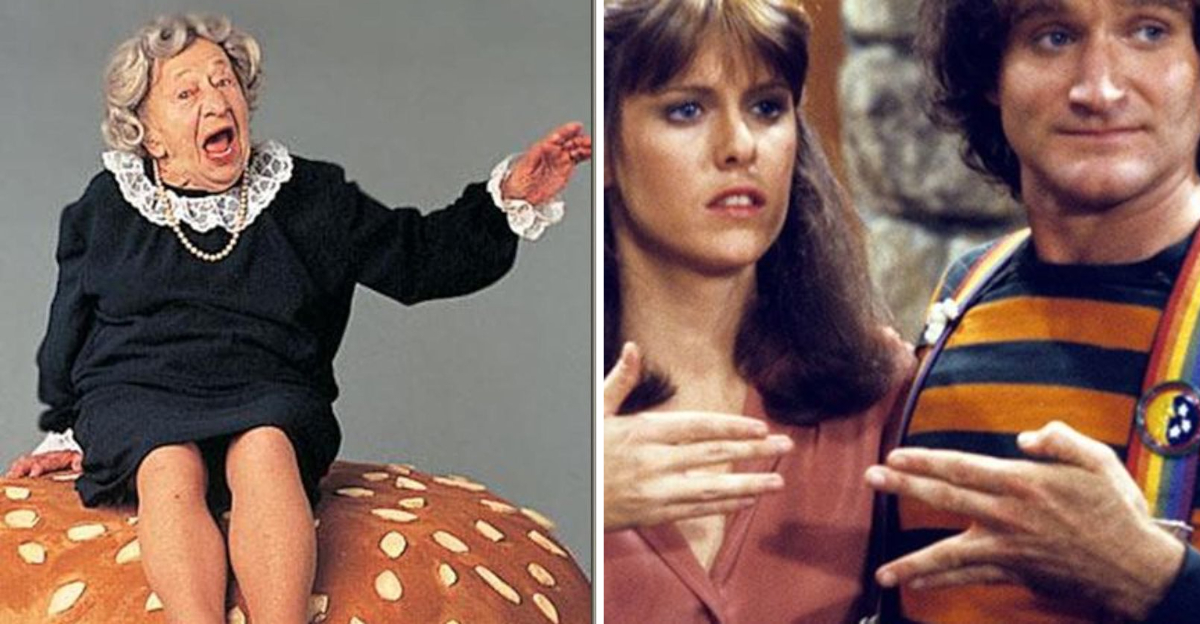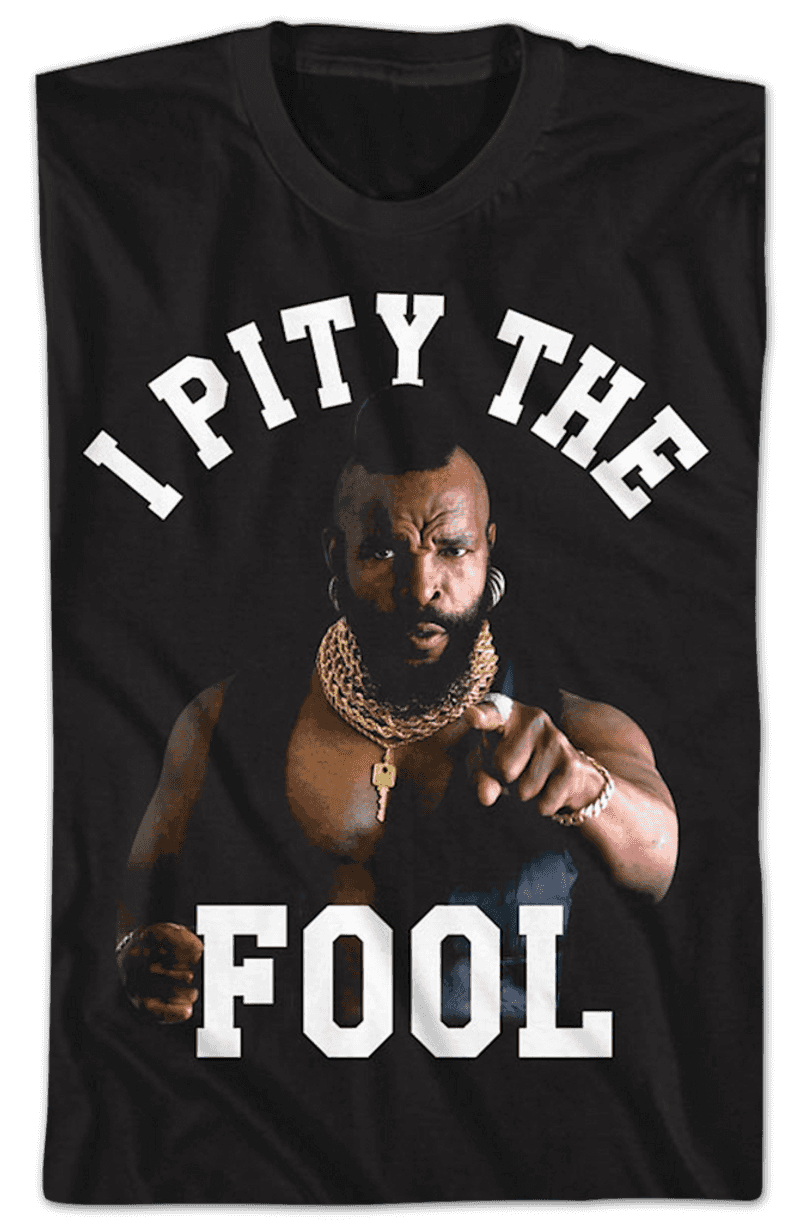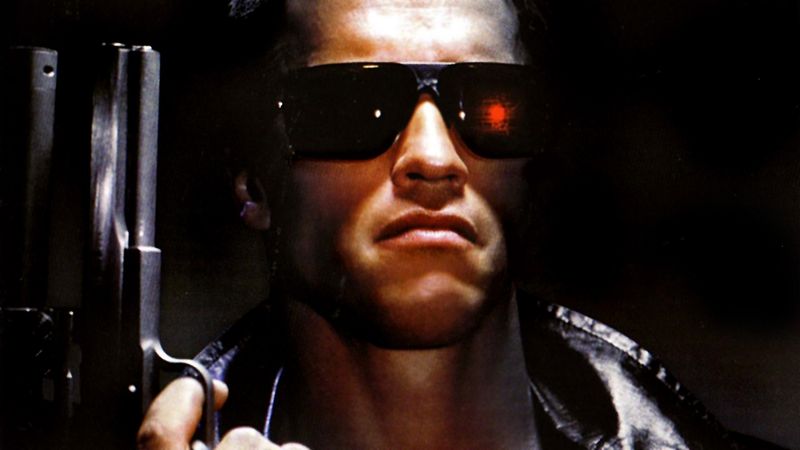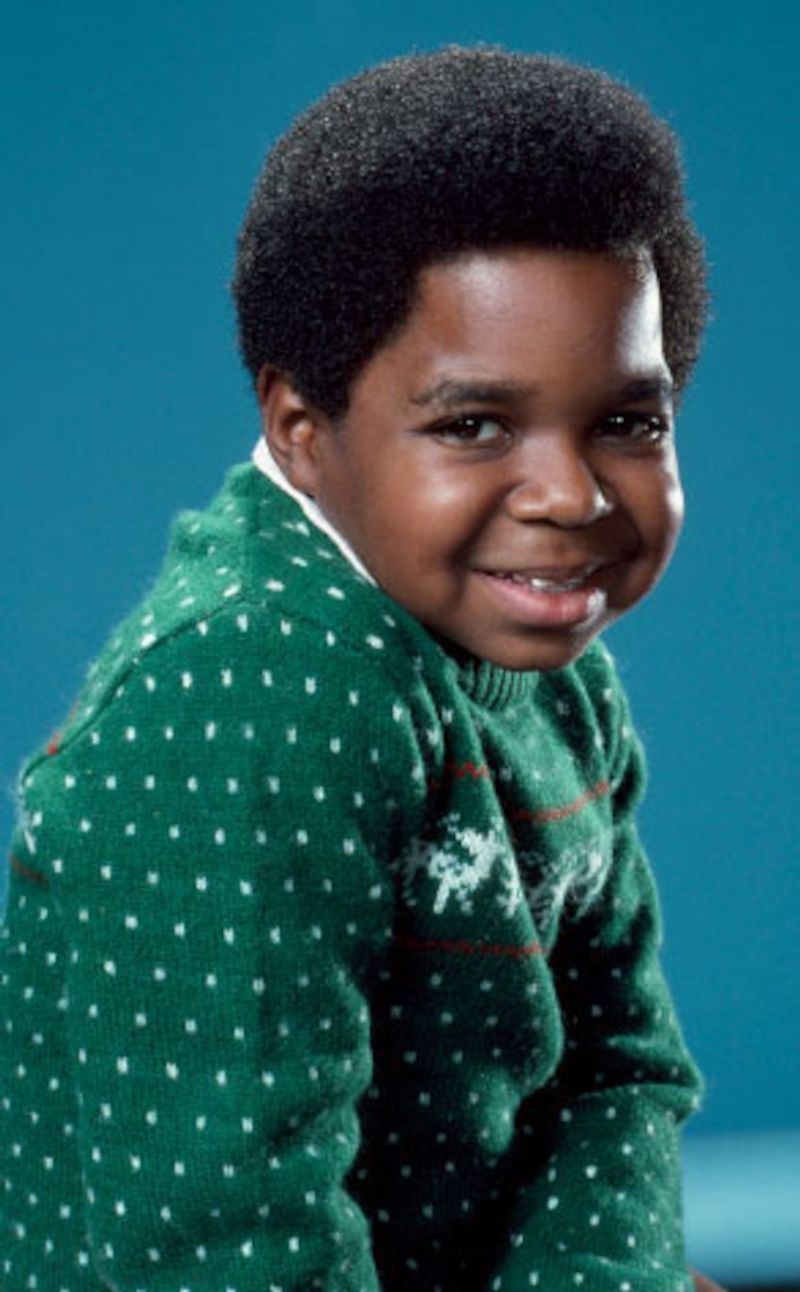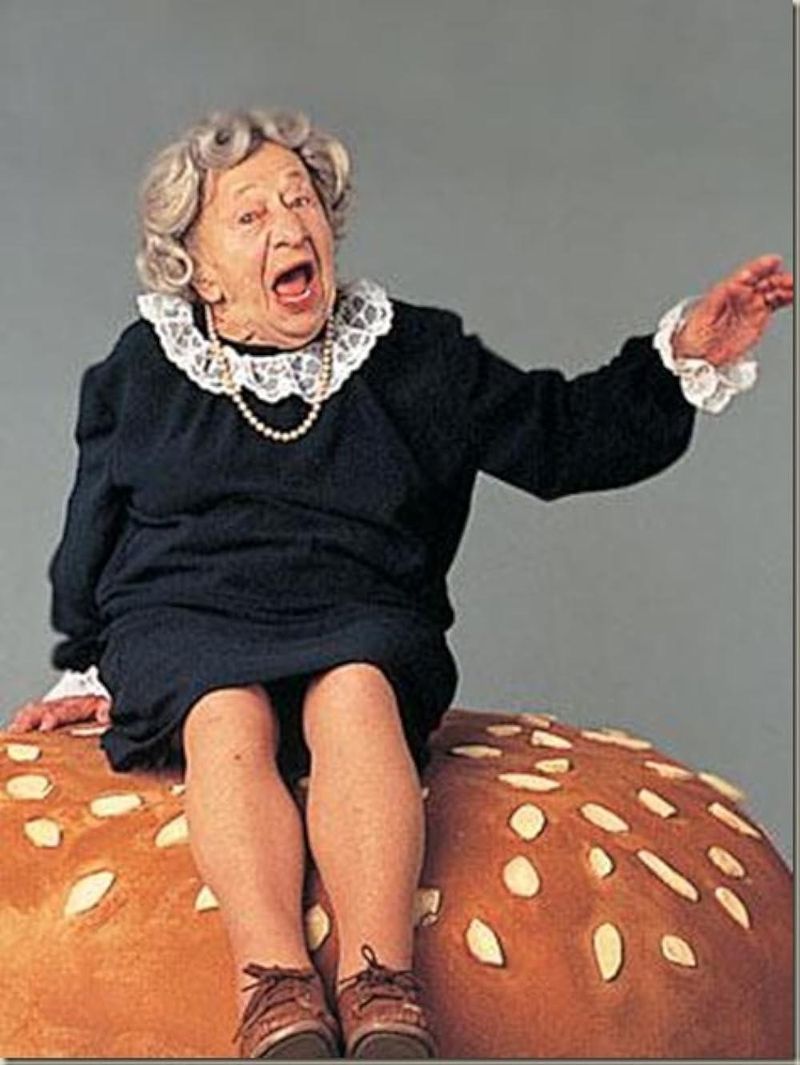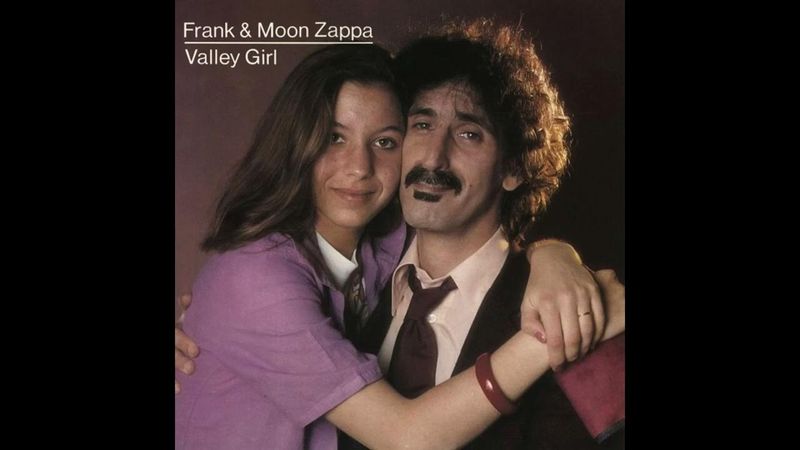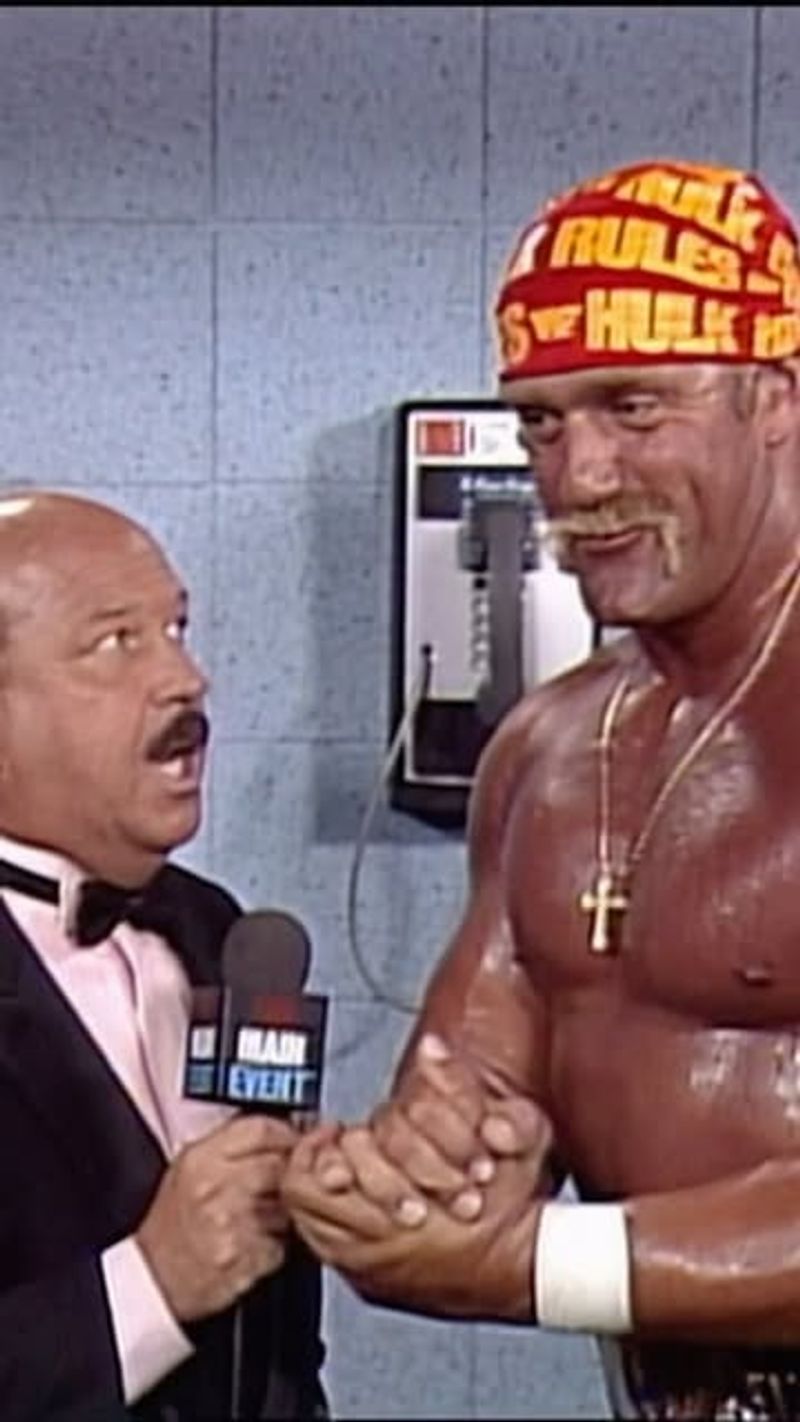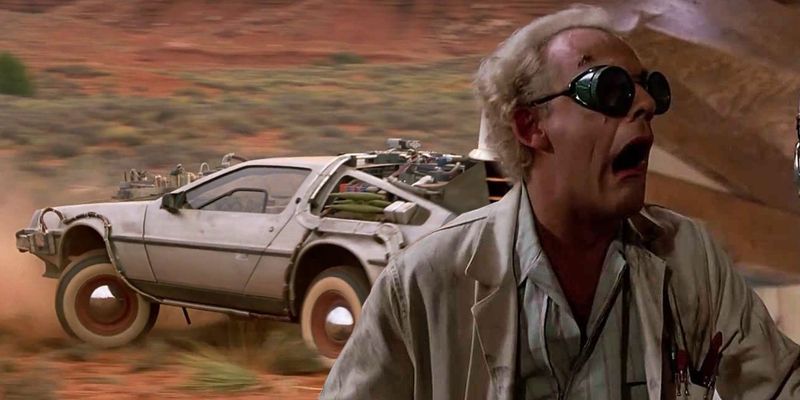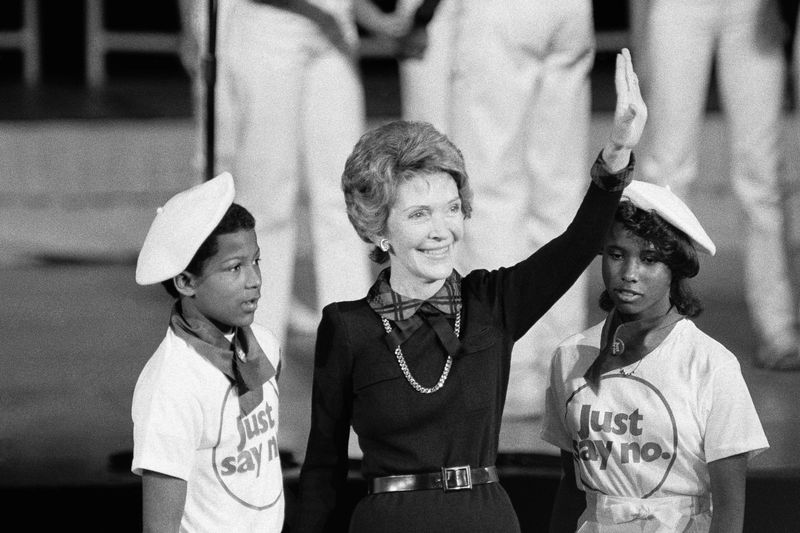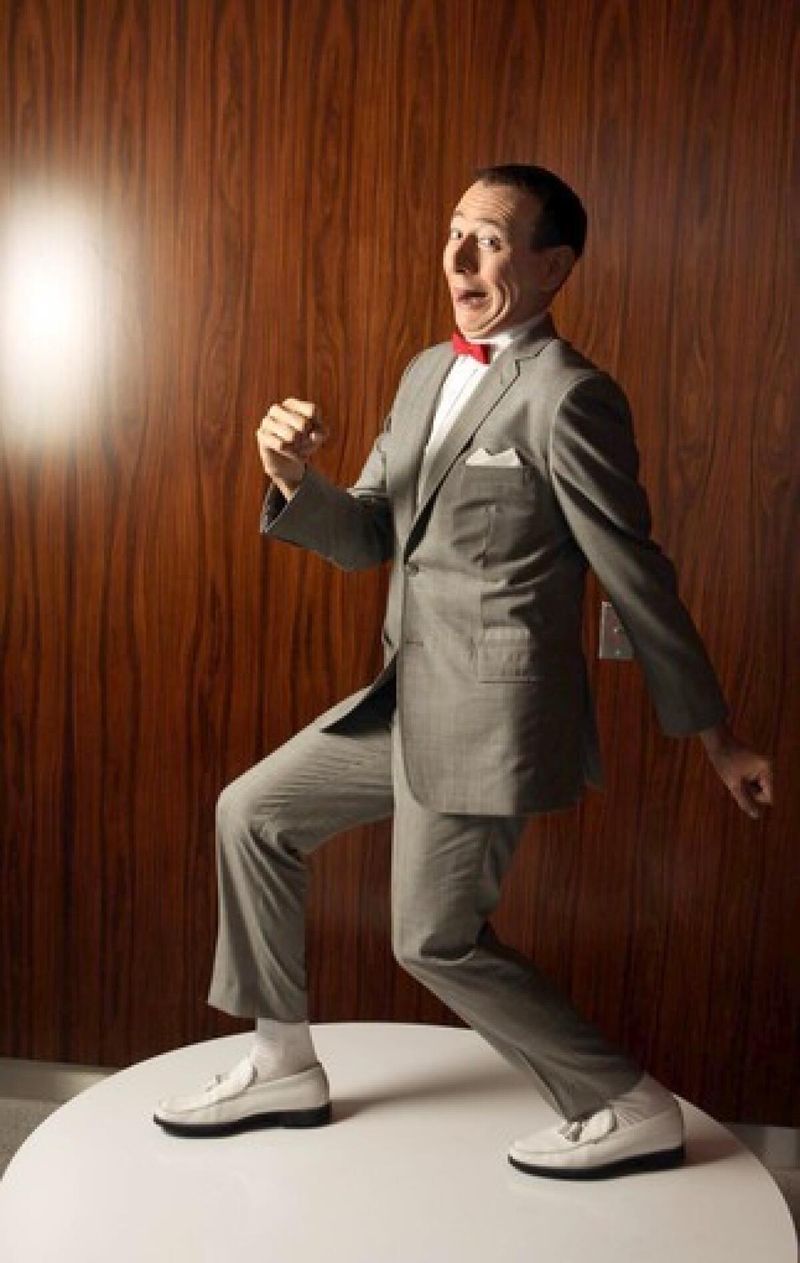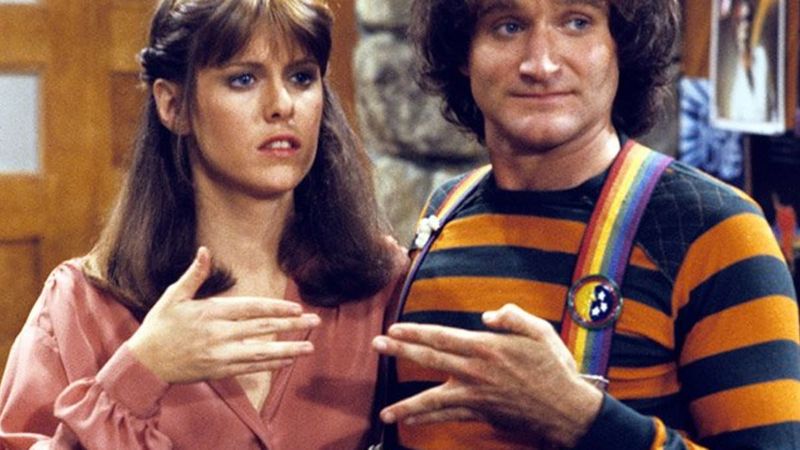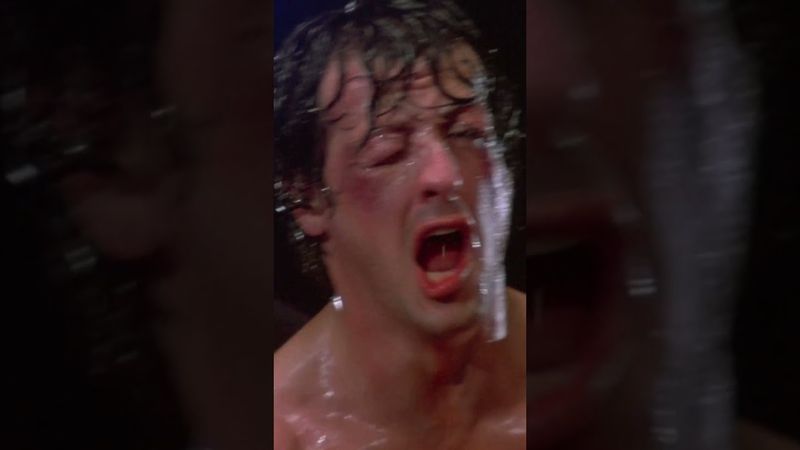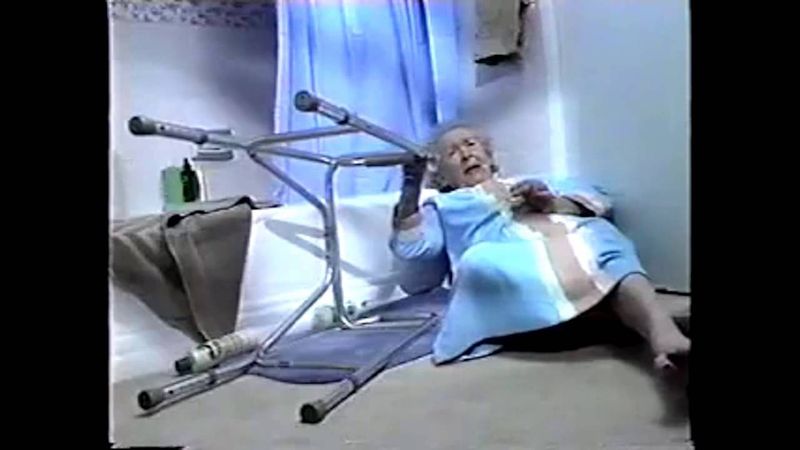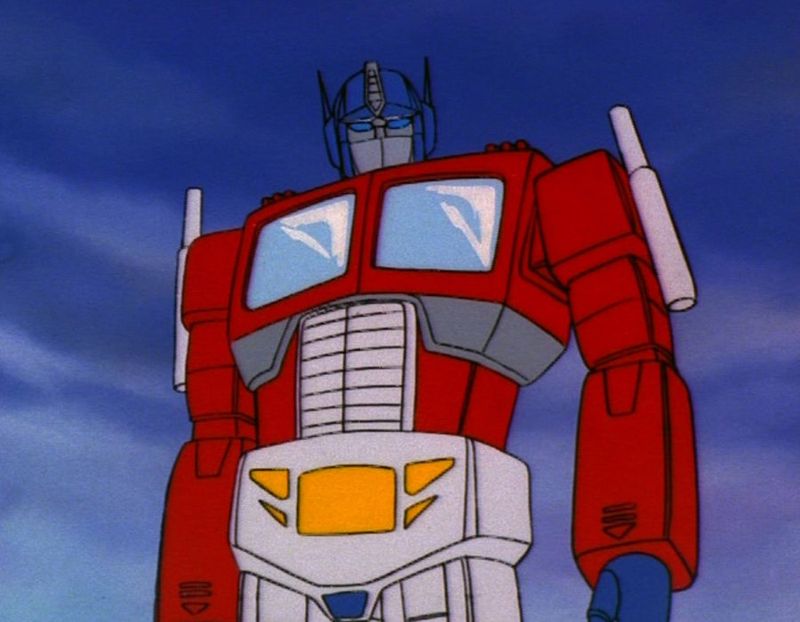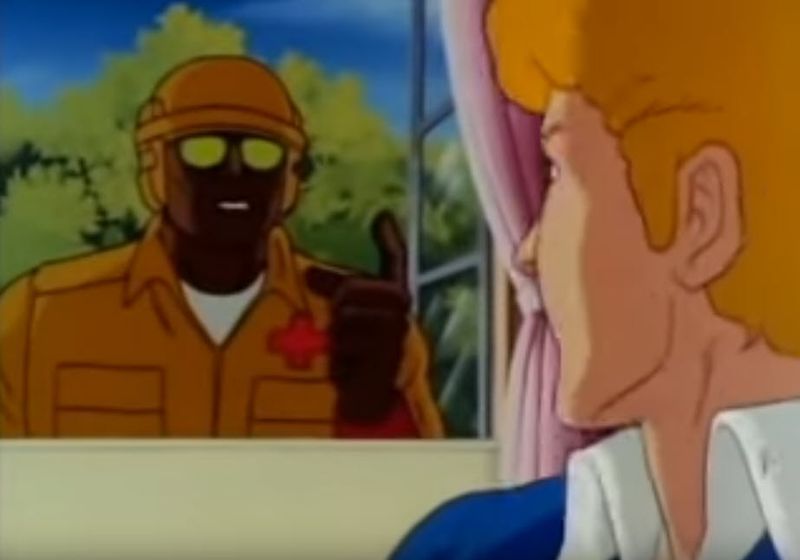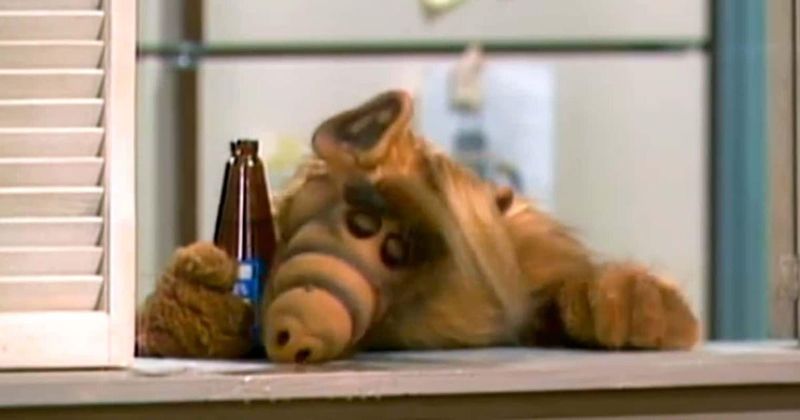The 1980s gave us more than just big hair and neon fashion – it delivered catchphrases that stuck in our brains forever. From TV sitcoms to blockbuster movies, certain stars turned simple words into cultural gold. These phrases didn’t just make us laugh; they became part of how we talked to each other and still pop up today when we want to bring back that ’80s magic.
1. Mr. T’s Iconic Warning
Mohawk, gold chains, and muscles – Mr. T turned “I pity the fool!” into more than just words. The tough-talking star of The A-Team delivered this warning with such conviction that it became impossible to imitate without also mimicking his growling voice.
Beyond television, the phrase appeared on everything from lunch boxes to t-shirts. School playgrounds echoed with kids attempting their best Mr. T impressions. The catchphrase even made its way into a novelty song, cementing its place in ’80s pop culture history.
2. Arnold’s Terminator Promise
Three simple words delivered with a mechanical Austrian accent changed movie history forever. “I’ll be back” wasn’t originally meant to be anything special – just a line in The Terminator script. Arnold Schwarzenegger’s deadpan delivery transformed it into cinematic gold.
The beauty of this catchphrase lies in its versatility. Fans used it when leaving rooms, ending phone calls, or saying goodbye. Schwarzenegger himself recognized its power, incorporating variations into his later films and even political career.
3. Gary Coleman’s Questioning Classic
Standing at just 4’8″ but towering in comedy, Gary Coleman made “Whatchu talkin’ ’bout, Willis?” the perfect response to confusion. As Arnold Jackson on Diff’rent Strokes, Coleman’s perfect timing and facial expressions elevated this simple question into comedy legend.
The phrase worked because it captured the essence of a child’s bewilderment. Parents heard it from their kids who’d never seen the show. Comedy writers borrowed its rhythm for new sitcoms. Even today, people drop it into conversations when someone says something particularly outlandish.
4. Wendy’s Beef-Questioning Grandma
Clara Peller, an 81-year-old unknown actress, skyrocketed to fame with three growled words: “Where’s the beef?” The 1984 Wendy’s commercial featured her peering disappointedly at competitors’ tiny hamburgers, creating an instant sensation that transcended fast food.
The phrase quickly evolved beyond burgers. Politicians used it to question opponents’ substance. Friends deployed it when someone made empty promises. T-shirts, buttons, and bumper stickers spread the beef-questioning gospel nationwide.
Peller’s gravelly delivery made the line impossible to forget – proving catchphrases could come from unexpected sources.
5. Valley Girl’s Disgusted Dismissal
“Gag me with a spoon!” perfectly captured the exaggerated disgust of ’80s Valley Girl culture. Moon Zappa (daughter of musician Frank Zappa) popularized this phrase in the 1982 hit song “Valley Girl,” creating a linguistic phenomenon that spread nationwide.
The beauty of this catchphrase was its dramatic flair. Teenagers nationwide adopted the expression alongside other Valley-speak like “totally” and “like, for sure.” Movies like “Valley Girl” (1983) further cemented these phrases in pop culture.
The expression represented a cultural moment when California teen slang became national vocabulary.
6. Hulk Hogan’s Wrestling Challenge
Yellow-and-red bandana ripping, muscles flexing – Hulk Hogan transformed wrestling promos with his thunderous question: “Whatcha gonna do when Hulkamania runs wild on you, brother?” The WWF superstar delivered this challenge directly into the camera, making viewers feel personally addressed.
Hogan’s catchphrase wasn’t just words; it was performance art. His intensity, finger-pointing, and dramatic pauses made it unforgettable. Kids mimicked his entire routine, tearing imaginary shirts and flexing non-existent muscles.
The phrase embodied the larger-than-life spectacle of ’80s professional wrestling.
7. Doc Brown’s Scientific Exclamation
Christopher Lloyd’s wild-haired scientist in Back to the Future made Victorian-era exclamations cool again with his enthusiastic “Great Scott!” The phrase perfectly matched Doc Brown’s eccentric personality – a brilliant mind constantly amazed by his own discoveries.
Lloyd’s delivery made all the difference. His bulging eyes and frantic energy turned a dusty old phrase into comedy gold. Fans adopted it as their go-to expression of surprise.
The catchphrase succeeded because it felt both vintage and futuristic simultaneously – much like the time-traveling DeLorean that made Doc Brown a household name.
8. Nancy Reagan’s Anti-Drug Directive
The First Lady’s “Just Say No” campaign distilled complex drug prevention into three powerful words. This wasn’t just a catchphrase but a movement that dominated ’80s childhood. Nancy Reagan appeared on TV shows like Diff’rent Strokes to spread her message directly to kids.
School assemblies, cartoon specials, and even music videos featured the slogan. Children received “Just Say No” pledges to sign and wore buttons proudly displaying their commitment. The phrase was simultaneously praised for its clarity and criticized for oversimplifying addiction.
Few catchphrases have ever influenced public policy so directly.
9. Pee-wee Herman’s Playground Comeback
Paul Reubens’ man-child character elevated childish retorts to art form with “I know you are, but what am I?” Delivered in Pee-wee’s nasal voice and accompanied by his signature giggle, this playground comeback became the ultimate weapon in the arsenal of ’80s kids.
Pee-wee’s Playhouse brought surreal, colorful chaos to Saturday mornings. The bow-tied host’s catchphrases were endlessly repeated in schoolyards nationwide. Parents simultaneously found Pee-wee annoying and brilliant.
The phrase worked because it captured childhood’s circular logic perfectly – an argument-ender with no possible counter.
10. Robin Williams’ Alien Greeting
“Nanu Nanu” – the alien greeting from Mork & Mindy – showcased Robin Williams’ unique genius. The phrase accompanied a hand gesture (palm forward, fingers split) that kids everywhere practiced obsessively. Williams’ rapid-fire delivery and childlike enthusiasm made the nonsense words irresistible.
Though the show began in 1978, Mork’s catchphrase remained popular throughout the early ’80s. The beauty of “Nanu Nanu” was its versatility – it worked as both hello and goodbye.
Williams improvised much of his dialogue, but this scripted alien greeting became his character’s signature.
11. Sylvester Stallone’s Heartfelt Call
“Yo, Adrian!” – Sylvester Stallone’s raw emotional call to his beloved in the Rocky films captured both vulnerability and triumph. What made this catchphrase special was its contrast to Rocky Balboa’s tough-guy persona. This simple phrase revealed the heart beneath the boxer’s bruised exterior.
The catchphrase gained power through repetition across multiple films. Each movie featured Rocky calling Adrian’s name in different emotional contexts. Fans shouted it at Stallone during public appearances.
The phrase’s lasting appeal comes from its authentic emotion – a tough guy unafraid to show his heart.
12. The Elderly Woman’s Distress Signal
“I’ve fallen, and I can’t get up!” wasn’t meant to be funny, but this line from a LifeCall medical alert commercial became an unexpected comedy sensation. Actress Edith Fore delivered the line with such melodrama that it instantly caught viewers’ attention.
The phrase spread through playground imitations and late-night comedy sketches. Saturday Night Live parodied it repeatedly. Even people who never saw the original commercial knew the catchphrase.
This unintentionally comedic line demonstrated how the line between advertising and entertainment had blurred in ’80s media.
13. Optimus Prime’s Robotic Command
“Autobots, roll out!” – Optimus Prime’s command sent Transformer toys flying off shelves nationwide. The deep-voiced leader of the heroic robots delivered this line with such authority that children instinctively stood at attention. The phrase perfectly captured the toys’ main gimmick – vehicles transforming into robots.
Kids shouted the command while playing with their Transformer collections. The catchphrase appeared on lunchboxes, backpacks, and bedroom posters. Peter Cullen’s distinctive voice performance made the simple directive unforgettable.
The phrase represented ’80s toy marketing genius – creating mythology around plastic playthings.
14. G.I. Joe’s Educational Signoff
After every G.I. Joe cartoon adventure came a mini public service announcement ending with “And knowing is half the battle!” These PSAs taught kids about everything from stranger danger to bicycle safety. The catchphrase became more recognizable than many of the show’s characters.
The formula was consistent: kids in trouble, G.I. Joe character offering advice, then the famous tagline. Schools incorporated the phrase into educational materials. Parents appreciated the positive messages accompanying toy commercials disguised as cartoons.
The catchphrase’s genius was making safety lessons seem cool rather than preachy.
15. ALF’s Self-Amusing Alien Commentary
The furry, cat-eating alien from Melmac punctuated his wisecracks with a self-satisfied “HA! I kill me!” ALF (Alien Life Form) delivered this line after jokes that often fell flat with his human hosts but delighted the studio audience. The catchphrase perfectly captured his self-amused personality.
Paul Fusco’s puppet character became an unlikely ’80s icon. His sarcastic humor appealed to both children and adults. The catchphrase worked because it acknowledged the corniness of his jokes while celebrating them.
ALF merchandise featuring the catchphrase dominated toy stores during the show’s 1986-1990 run.
